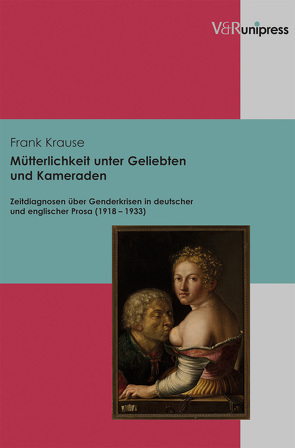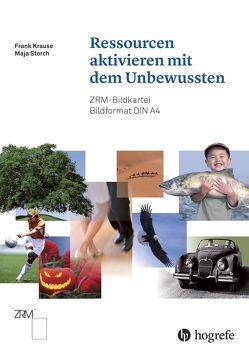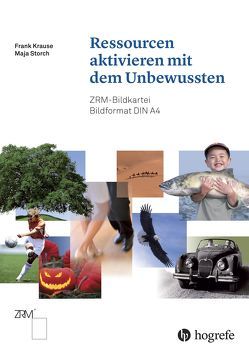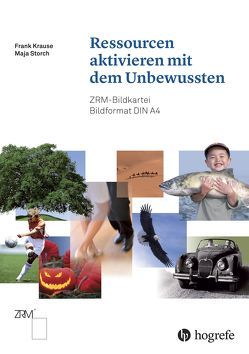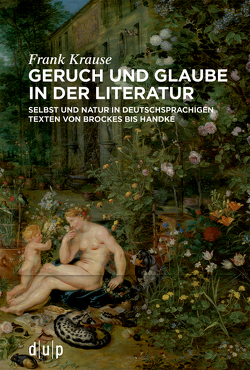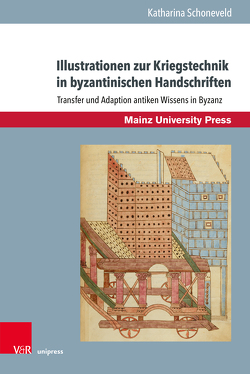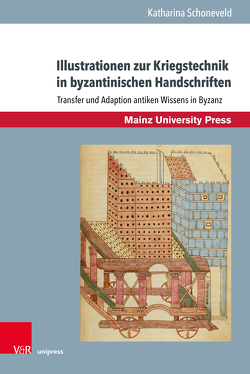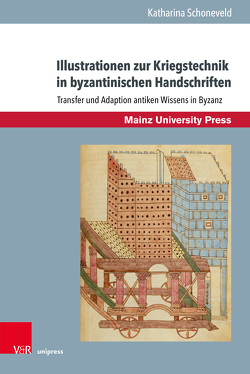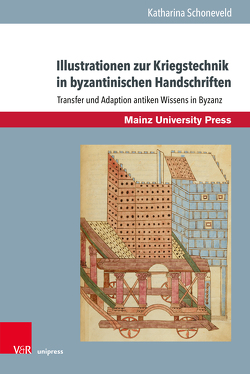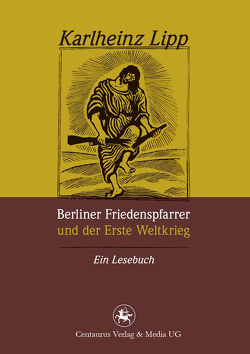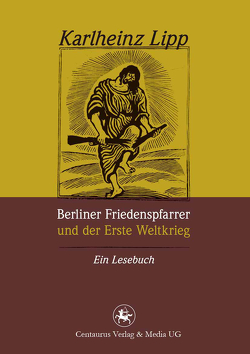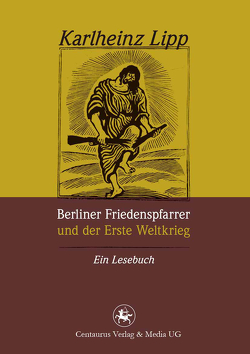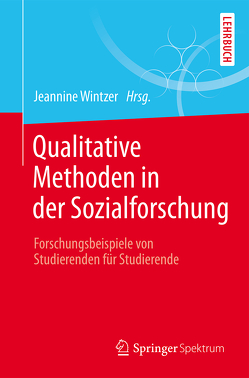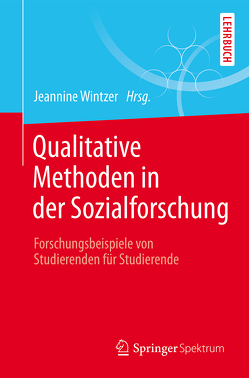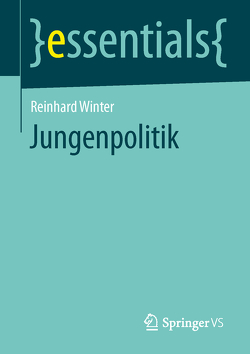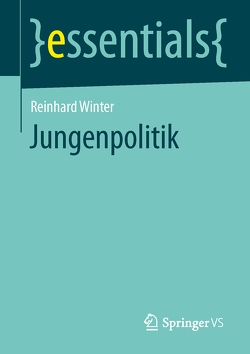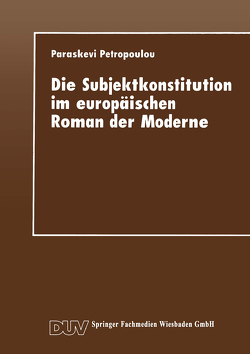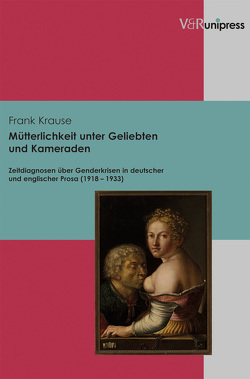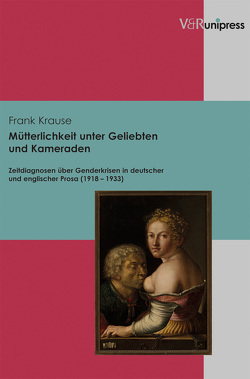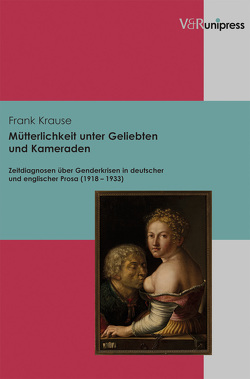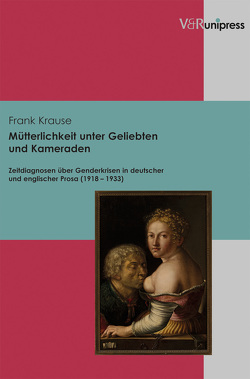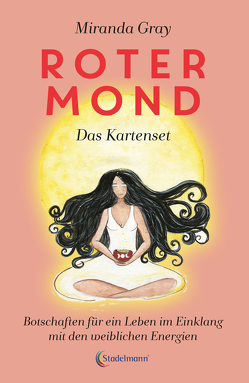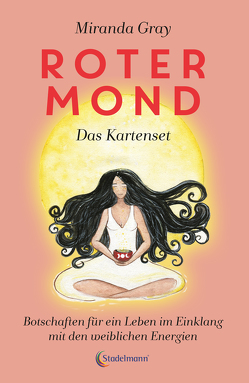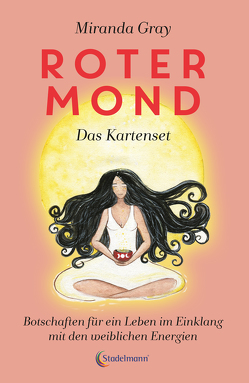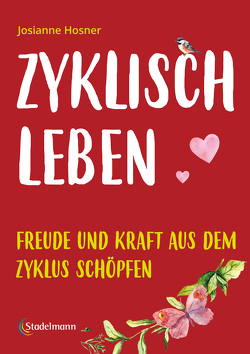Mütterlichkeit unter Geliebten und Kameraden
Zeitdiagnosen über Genderkrisen in deutscher und englischer Prosa (1918-1933)
Frank Krause
The extrafamilial significance of maternal practice as nurturance for a self-willed other is discussed controversially. As part of love relationships amongst adults, such practice is chiefly regarded as a symptom for problematic dependence; as a resource for solidarity in civil society, it is, by contrast, held in high regard. In this context, the figures of maternal lovers and comrades in German and English literature from 1918 to 1933 which explores gender crises in the wake of the Great War appear as classical fantasies of modern gender discourse. West, Brenck Kalischer, Bennett, Lawrence, and Jahnn interpret maternal lovers as signs of a conflict between corporeal vitality and sacralized dependence. Hesse, Raymond, Zweig, Remarque, and Price show maternal comrades as competent war-specific helpers. The novelty of these maternal figurations of crisis help lies in the historical-diagnostic claims of their use; in this respect, they are precursors of profane and civilian figurations of maternal companionship in current gender-critical debates.
